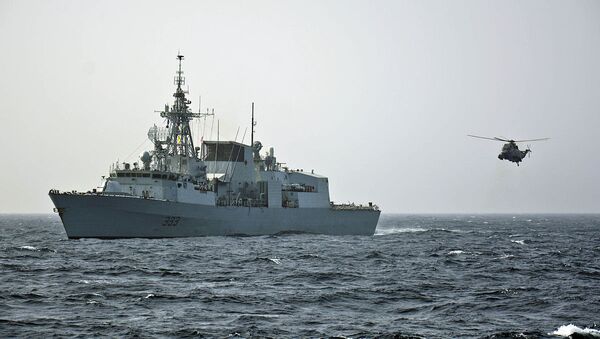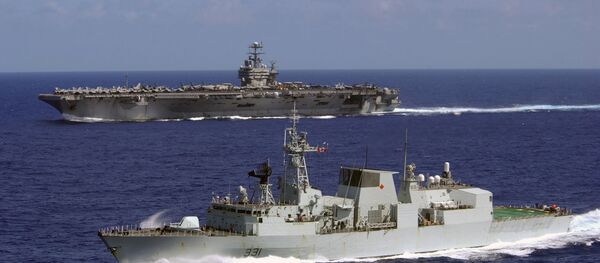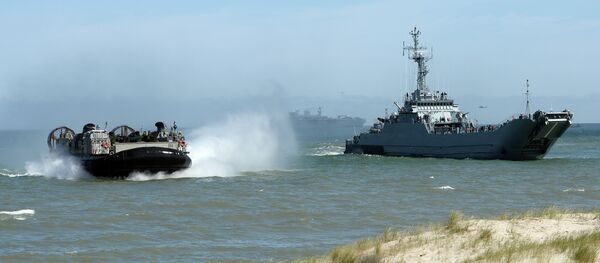The Canadian military’s search to replace its aging Iroquois-class destroyers and Halifax-class frigates has been dubbed the Canadian Surface Combatant project. Using proven designs would allow the government to cut down on costs and speed up the acquisition process.
But in order to insure that the new fleet incorporates the most up-to-date technology, Ottawa has opened up the competition, and may consider unproven designs.
“You want to make sure that what you get on offer reflects not only what’s tried and tested in the market but also what’s coming on the market,” said Lisa Campbell, assistant deputy director minister of acquisitions at Public Services and Procurement Canada, according to Defense News.
At least 12 firms are in the running. BAE Systems, for example, could submit its Type 26 Global Combat Ship, already under negotiation in the United Kingdom.
"[Type 26 is] the world’s newest and most advanced surface combatant design," said Anne Healey, BAE’s general manager for group business development in Canada, according to Defense News.
"We are planning to cut steel in 2017, which is ideal timing for the CSC programme; being 3 years ahead of the Canadian program."
Other contenders include Alion Science and Technology Corporation, DCNS SA, Navantia SA, Fincantieri S.p.A., and Odense Maritime Technology.
Whichever design Ottawa ultimately decides on, it’s prepared to spend $18 billion to construct 15 new vessels. Government analysts predict, however, that the project could ultimately cost nearly $30 billion.
The winner is expected to be chosen in the summer of 2017, with construction beginning in the early 2020s.
Canada’s navy has taken a more active role in NATO drills. In June, the Halifax-class frigates were deployed to the Baltic to participate in Operation Reassurance 2016, a US-led multinational effort to conduct constant air, land and sea operations in Eastern and Central Europe.
"Our modernized Halifax-class frigates are equipped with state-of-the-art capabilities…that will integrate seamlessly with their NATO counterparts to ensure mission success with every challenge they face," Vice-Admiral Ron Lloyd, Commander of the Royal Canadian Navy, said in a statement released at the time.
Russia has warned that amassing troops and equipment on its borders and conducting exercise constitute provocative acts that can destabilize the region and potentially cause global destabilization.




